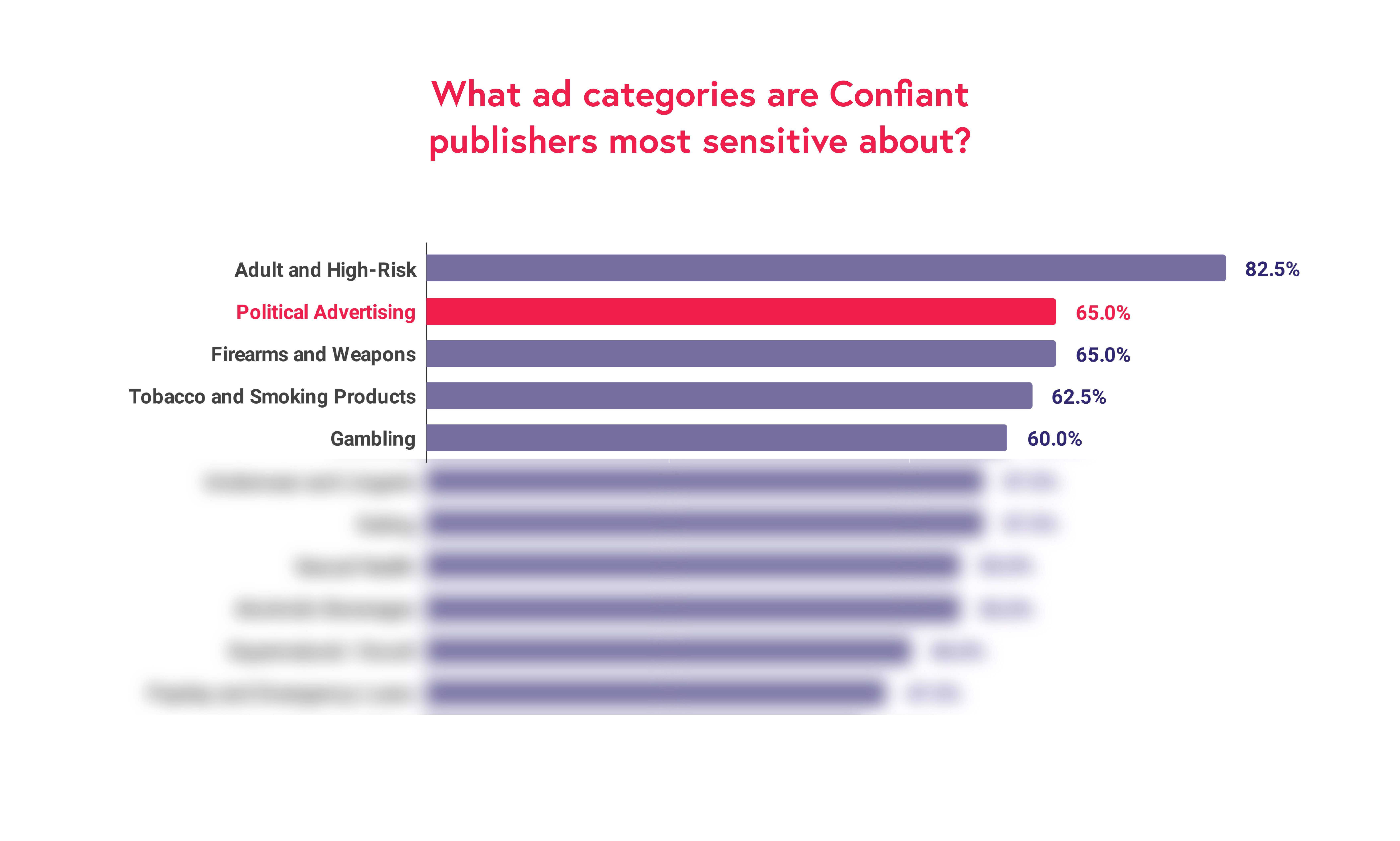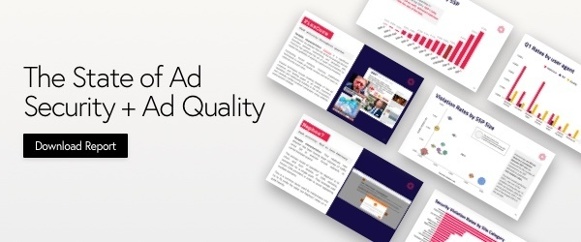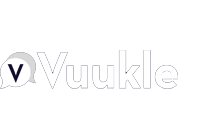
David Lim • 3 minute read
Publishers are Worried About Political Ads this Election Season

Online political advertising is exploding. Back in 2008, candidates spent a meager $22.25 million on online political ads, but by 2016 that number had grown to $1.4 billion.1 As we head into the Fall election season in the U.S., political ad spend is expected to be at a record high.2 And publishers are responding to this influx of ads. We recently released data showing that 65% of the publishers using our solution’s Category Controls have set up alerts for political ads, meaning they are concerned with and often blocking the political ads delivered programmatically.
We published these findings as part of our Q2 2020 Demand Quality Report; a quarterly report that provides deep insights into ad security and ad quality so publishers can better protect their revenue and safeguard audiences.

Exploring ad categories publishers are most sensitive to
The Q2 Demand Quality Report marks the first time that we have released data around publishers’ sensitivities to ad categories. Many of the categories found near the top of the list are to be expected because of the potential they have to offend or scam readers; ad categories like adult and high-risk ads, gambling, supernatural/occult, payday and emergency loans, firearms and weapons, cryptocurrency, and more.
Ads that fit into these categories have the potential of damaging a publication’s reputation and driving readers away, both of which can result in decreased page views per session, decreased overall sessions, and decreased revenue per user.
Here are the top three ad categories that publishers have flagged within Confiant’s solution:
Adult and High-Risk Ads
82.5% of publishers have flagged adult and high-risk ads. As expected, this ad category tops the list because of the extreme risk of damage to brand reputation. Very few publishers find these ads acceptable and do not find the risk worth the revenue.
Firearms and Weapons Ads
Much like adult and high-risk ads, many publishers are wary of ads promoting weapons and firearms alongside their content. This ad type is tied with political ads for second place, with 65% of publishers flagging ads from this category.
Political Ads
Our data finds that 65% of publishers also have alerts set up for political ads, which is a higher percentage than other, more traditionally risky categories, like tobacco products, gambling, underwear and lingerie, dating, sexual health, and alcoholic beverages. Publishers may be sensitive to political ads for a wide variety of reasons.
Why are publishers so concerned about political ads?
A combination of key factors are likely contributing to the apprehension surrounding political ads:
Increased Volume
Because we are heading into the fall election season, there is a very high volume of political ads in the programmatic ecosystem. Publishers are likely to notice the high concentration of these ads appearing on their sites, prmpting many of them to flag and/or block political ads with our Brand and Category Controls.
According to a national publisher, "We rely heavily on Confiant's political ad blocking [via Confiant's Category Controls] since the variety and volume of political ads in programmatic is so vast."
Ad Suitability
Political ads can also clash with a publication’s political affiliation if they have one. For example, a publication with an audience aligned with a specific political party might find that ads for an opposing party's candidate clashes with their image and message, as well as alienating their users.
Current Political Climate
In an America that the Associated Press describes as more divided than ever,3 political advertising has the potential to turn off readers.
And according to research from Joan Phillips at Loyola University Chicago,4 it’s human nature to pay more attention to negative information, resulting in a higher concentration of attack ads because they are so effective.
In short, publications may turn off political ads altogether if they feel potentially upsetting their readers is not worth the additional revenue.
Protect Your Revenue and Safeguard Your Audiences with Confiant
Our solution empowers publishers to have unprecedented levels of both brand and category controls to prepare themselves for the upcoming election. Brand Controls prevent publications from having to block all political ads, when it may only be a specific candidate or particular issue that they find problematic.
By automatically identifying and blocking malicious and low-quality creatives in real-time, we help publishers safeguard their audiences, reputation, and revenue streams. Our controls help publishers address the needs and sensitivities of their audiences, to ensure the right ads are presented to the right people.
By automatically identifying and blocking malicious and low-quality creatives in real-time, we help publishers safeguard their audiences, reputation, and revenue streams. Our controls help publishers address the needs and sensitivities of their audiences, to ensure the right ads are presented to the right people.
For more insights into the current ad ecosystem, including active threat actors, SSP rankings, industry trends, and much more, download our latest Demand Quality Report. Or, if you are ready to put Confiant to the test, request a free demo of Confiant’s Ad Security & Quality solution.
Sources
1https://www.americanbar.org/groups/crsj/publications/human_rights_magazine_home/voting-in-2020/political-advertising-on-social-media-platforms/
2 https://www.adexchanger.com/agencies/zenith-record-political-ad-spend-steadies-us-forecasts/
3https://www.ap.org/explore/divided-america/
4https://www.luc.edu/quinlan/stories/archive/why-attack-ads-work.shtml





